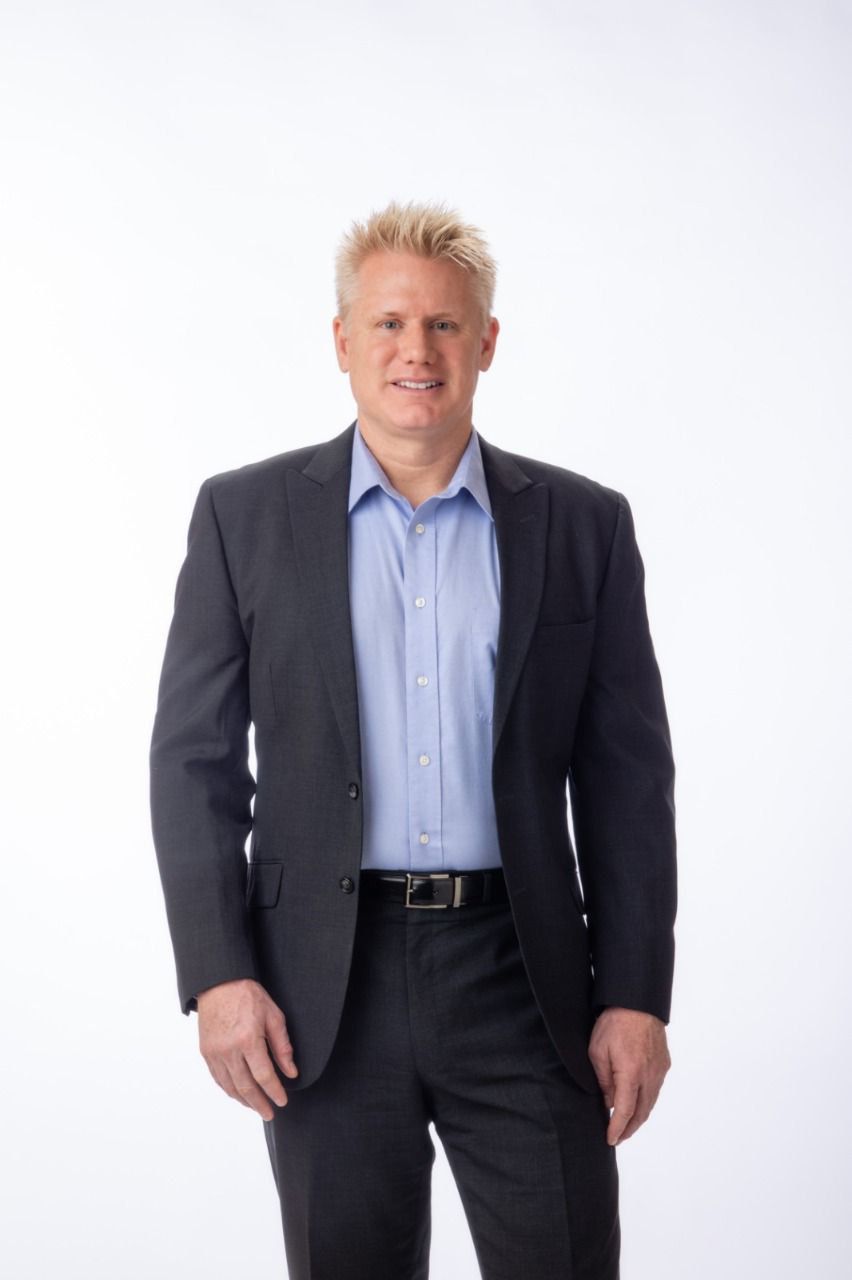Tech Organizations are generally divided into companies that have suffered a severe cybersecurity breach and those worried that they are next on the list. After the COVID-19 pandemic struck, the former’s ranks and the latter’s vulnerability have grown significantly. Many organizations were forced to digitally transform themselves in mere months in response to the pandemic, putting them under serious cybersecurity risks.
Cyberattacks drastically increased as people migrated online due to lockdown restrictions exposing the already-strained IT departments and affecting millions of users working remotely. One must acknowledge leaders like Christian Espinosa, who opened new pathways to tackle cybersecurity in such trying circumstances.
With more than two decades of experience under his belt, Christian Espinosa reveals several truths about managing businesses, including cybersecurity risks. Customers expect organizations to secure their data and provide services rather than having to worry about possible data breaches.
Furthermore, regulatory bodies also expect business owners to comply with their data security guidelines. However, Christian Espinosa suggests that business owners mustn’t lose sight of their culture even under immense pressure. He calls it “a cybersecurity culture,” with the core differentiator of an appropriate mindset.
Tom Everard, a cyberculture expert, explains that a cybersecurity culture refers to an organization’s knowledge, assumptions, and values towards cybersecurity shaped by the goals, policies, procedures, and organizational leadership. He also suggests that this culture is an amalgamation of corporate and individual determinants of culture, aligned with cybersecurity strategies.
Both Tom and Christian Espinosa believe that the people are responsible for securing an organization, not technology. People are both the best prevention against cyberattacks and the weakest link. So, business owners must create a learning environment as the first line of defense against cybersecurity.
Business leaders must address the weakest link in the cybersecurity chain and ensure that they are protected from threats. The first order of business is education. Through practical training and sharing knowledge in a meaningful manner, companies can maintain a holistic approach to battle cybersecurity. Christian Espinosa identifies that cybersecurity training is relatively low cost but can pay dividends. Presently, the only thing remaining is to name collaboration as the fundamental driving force that can lead to success.
Growth isn‘t the last stop on our journey—it‘s contribution. Once we get our technical team to grow, how do we then get them to contribute?“ – Christian Espinosa, The Smartest Person in the Room
Christian Espinosa encourages organizations to create real moments of collaboration within a team structure to amplify specific business ventures and combat cyberattacks. He identified that the companies who genuinely want to combat cybersecurity know that spending millions on a consistently-growing problem isn‘t the solution.
Historically, companies have expected CISOs and security chiefs to focus on technical tasks. They are expected to secure a business, but when companies make large-scale strategic decisions about business models, digital strategies, among others, cybersecurity is an afterthought. Christian Espinosa identified that traditionally, organizations used to work in silos, which has rendered this method obsolete due to rapid digitalization. Both these methods were viable when cybersecurity threats were less complex and slower.
Espinosa also suggests that in the war against cybercrimes, it‘s not the criminals responsible but the professionals’ egos. It‘s a common notion that there will always be a knowledge gap as long as technological advancements are made. Yet, professionals aren‘t putting their egos aside to close the gap for tackling cybersecurity measures.
“Ego forces you to focus on yourself over the common goal.“ – Christian Espinosa
Christian identifies that during a three-decade career in cybersecurity, he found ego to be the main culprit that clouded his judgment. He believes ego is the part of your mind responsible for creating a sense of personal identity, self-importance, and self-esteem. When cybersecurity professionals allow what other people think about them instead of focusing on doing the job right, they mess up everything.
Furthermore, they forget that they have a common goal to protect the data of their workers and their clients. So, to keep a higher, self-seeking purpose, these professionals often end up compromising cybersecurity in the process.
Business leaders often fail to contemplate that cyberattacks are uncertain events, and not a single organization can thoroughly prepare for them. Espinosa teaches his subordinates to be adaptable and embrace uncertainty to learn.
Espinosa highlights that humans aren’t computers who can adjust to any situation 99.9 percent of the time. In his book, The Smartest Person in the Room, he believes that by creating a learning culture, employees devote more working hours and align individual goals with the company‘s objectives.
This is a Contributor Post. Opinions expressed here are opinions of the Contributor. Influencive does not endorse or review brands mentioned; does not and cannot investigate relationships with brands, products, and people mentioned and is up to the Contributor to disclose. Contributors, amongst other accounts and articles may be professional fee-based.

